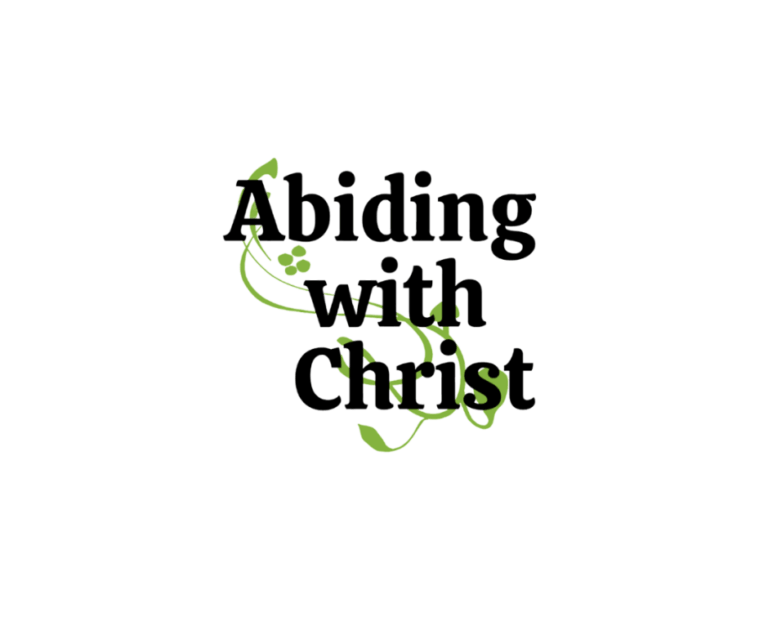Sacrifice in Christianity goes beyond simply doing what we ought. It is giving God what He is rightfully owed.
Live a life filled with love, following the example of Christ. He loved us and offered himself as a sacrifice for us, a pleasing aroma to God. (Ephesians 5:2)
When we talk about the idea of sacrifice in Christianity, we are talking about a central tenet to our entire faith. After all, our reconciliation with God is only made possible through Christ’s sacrifice on the cross.
But what about our sacrifice? What is it that God expects or requires from us in the area of sacrifice? What does it even mean to sacrifice to Him, since we do not follow the Jewish sacrificial system?
Let’s spend a few minutes exploring what is sacrifice in Christianity.
What Kind of Sacrifice Does God Want?
Sacrifice or Mercy?
It’s important at the beginning to mention the famous passage that says God desires mercy over sacrifice (Hosea 6:6). This is true, it’s right there in God’s Word, so we must deal with this before moving forward. So what does that mean?
The context of this is not to ignore sacrifice, but to give sacrifice in Christianity its due perspective. God is even more explicit in another passage when he explains that rote, outwardly ceremonial sacrifices are detestable to Him if they are not accompanied by repentance (Isaiah 1:13-17).
As Christians, we should seek to live a life of repentance. Not just a one-time decision, but to walk in that spirit of humility, gratitude and acceptance every single day. Taken within this context, it’s clear God is not saying “don’t sacrifice to Him”. But without repentance first, our sacrifices are meaningless and trivial. It’s not an either/or. It’s one following the other.
This is paralleled in our faith in Christ, as we must first come to Christ in repentance before we can be forgiven of our sins and renewed into new life with Him.
Sacrifice in the Two Covenants
Sacrifices in the Old Covenant were a physical, outward, ceremonial act. These sacrifices had multiple purposes, but a simple way to look at it is that the outward ceremony was intended to reflect the Jewish follower’s inner agreement with God.
As a result of Jesus’ once-and-for-all sacrifice on the cross, the Old Covenant and it’s sacrificial system was fulfilled. Followers of Christ now live under a New Covenant.
In the New Covenant, rather than presenting the body of an animal as a sacrifice, we are to present our own bodies as “living sacrifices” (Romans 12:1). Eventually, our earthly bodies will be “burned up” because physical death comes for us all. We only have this one body. But we are continually being renewed inwardly through God’s work in us (2 Corinthians 4:16).
What Sacrifice to God Says About Us
While there may be much to glean from the question of what is sacrifice in Christianity, let’s keep it very simple. Sacrifice proves that our actions line up with our words. Jesus as in all things was our example of this, willingly laying down His life for us in obedience to God the Father (John 10:11-18).
It is one thing to say we love God, but what we are willing to sacrifice to Him is going to be the proof of our words. Note I said “to Him”, not “for Him”. We are not doing God a favor. He deserves our sacrifice. Even had he not sent His only Son to die for us, even if we had no way to escape our sin, He would still be deserving of our sacrifice.
When we are purposeful about our sacrifice to God, we show our commitment, loyalty, and trust in Him.
What is the Difference Between Giving and Sacrifice in Christianity?
In the relational sense, giving usually comes with some reciprocal benefit, even if it is intangible. But sacrifice is giving without any expectation of return, nor accompanied by actual return. Sacrifice requires a humility that giving does not, because when we give we can still anticipate intrinsic benefits even if they aren’t reciprocal.
 This takes on additional meaning for sacrifice in Christianity. God expects us to give to those in need, but that is obedience to His commands. Pleasing God through obedience will bring us intrinsic and residual benefits, even if our giving has no ulterior motive.
This takes on additional meaning for sacrifice in Christianity. God expects us to give to those in need, but that is obedience to His commands. Pleasing God through obedience will bring us intrinsic and residual benefits, even if our giving has no ulterior motive.
Beyond simple obedience, as said earlier we are to present ourselves as “living sacrifices” to God because frankly, that is what He is owed from us. He gave us our very lives. He is our Creator in a general sense and for those of us who believe, in a recognized sense.
Our primary sacrifice to God is found in worship. To literally put no other gods before Him, allowing anything that we would put ahead of God to be let go, removed, or eliminated. Worship is not a reciprocated act, nor do we receive intrinsic benefit from worship. It is aimed in one direction. However, as we were created to be beings that worship, there is an alignment within ourselves when we are worshipping God.
The more we worship without pretense, with our authentic selves, bringing more and more of who we are to God’s alter, the more joy is generated in our hearts. That is different from saying we receive reciprocity from God for our worship. God rewards obedience out of His immense kindness and goodness, not because our righteousness earns us anything. But God will only (and rightfully so) receive worship.
What is Sacrifice in Christianity?
A foundational distinction of sacrifice in Christianity is that our sacrifices are always to be for God first.
There is a difference between our sacrifices benefitting others and sacrifices to others. It can be easy for some of us to see ourselves as being “good Christians” and going above and beyond, giving ourselves to another person. It feels like we are aligning with Biblical guidance, but we must remember that our sacrifices are for God alone.
However, others may be the beneficiary of our sacrifices to God. For example, if we sacrifice our pleasure and comfort to go on the mission field, we are making that sacrifice of our lives to God. Those to whom a missionary shares Christ’s love and witness are the beneficiaries of that sacrifice to God.
Without this perspective, we could become in danger of developing pride, even coming to believe somewhere deep down that we are a “savior” to the people who are supposed to be the beneficiaries of our sacrifice to God.
What Do We Need for Sacrifice in Christianity?
After reading about sacrifice today, perhaps we have come to the realization that we are putting something ahead of God. Something that needs to be let go so that all your sacrifice is going to God, and nothing else. Even if that something is ourselves.
Maybe that’s not a question that can be answered today. After all the human heart is capable of self-deception (Jeremiah 17:9).
One way we can clean the glass lens to our heart is to make it a point to follow daily in the abiding disciplines. Prayer, studying God’s word and fellowshipping with Him and other believers are all essentially types of worship. By committing to abiding with Christ He will help us see into ourselves and understand what areas we still need to give up to Him.
More Bible verses about what is sacrifice in Christianity:
Psalm 51:16-19; Jonah 2:9; John 3:16; Romans 5:8; Titus 2:11-14; Hebrews 13:15; 1 Peter 2:5






